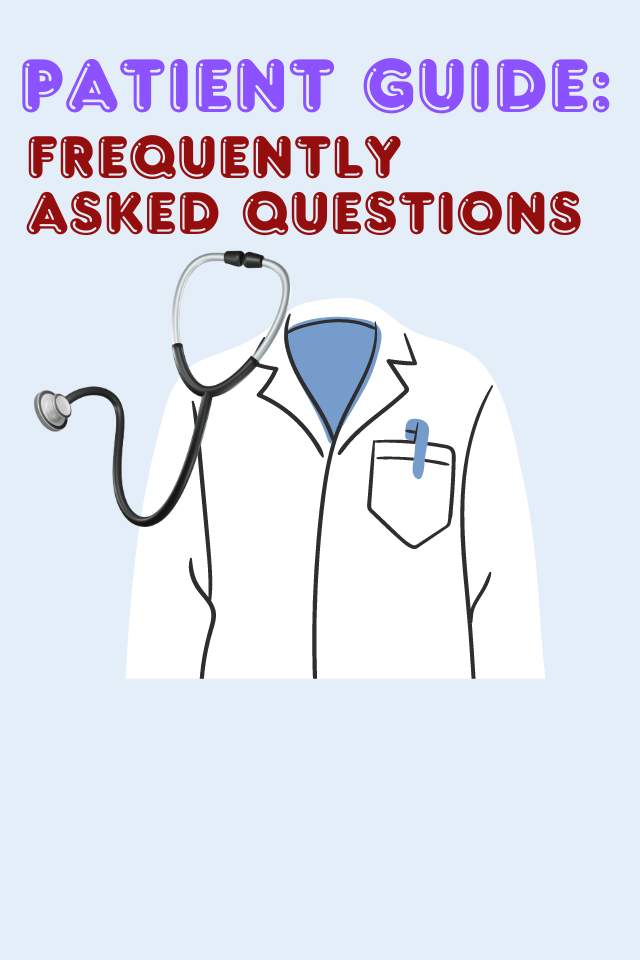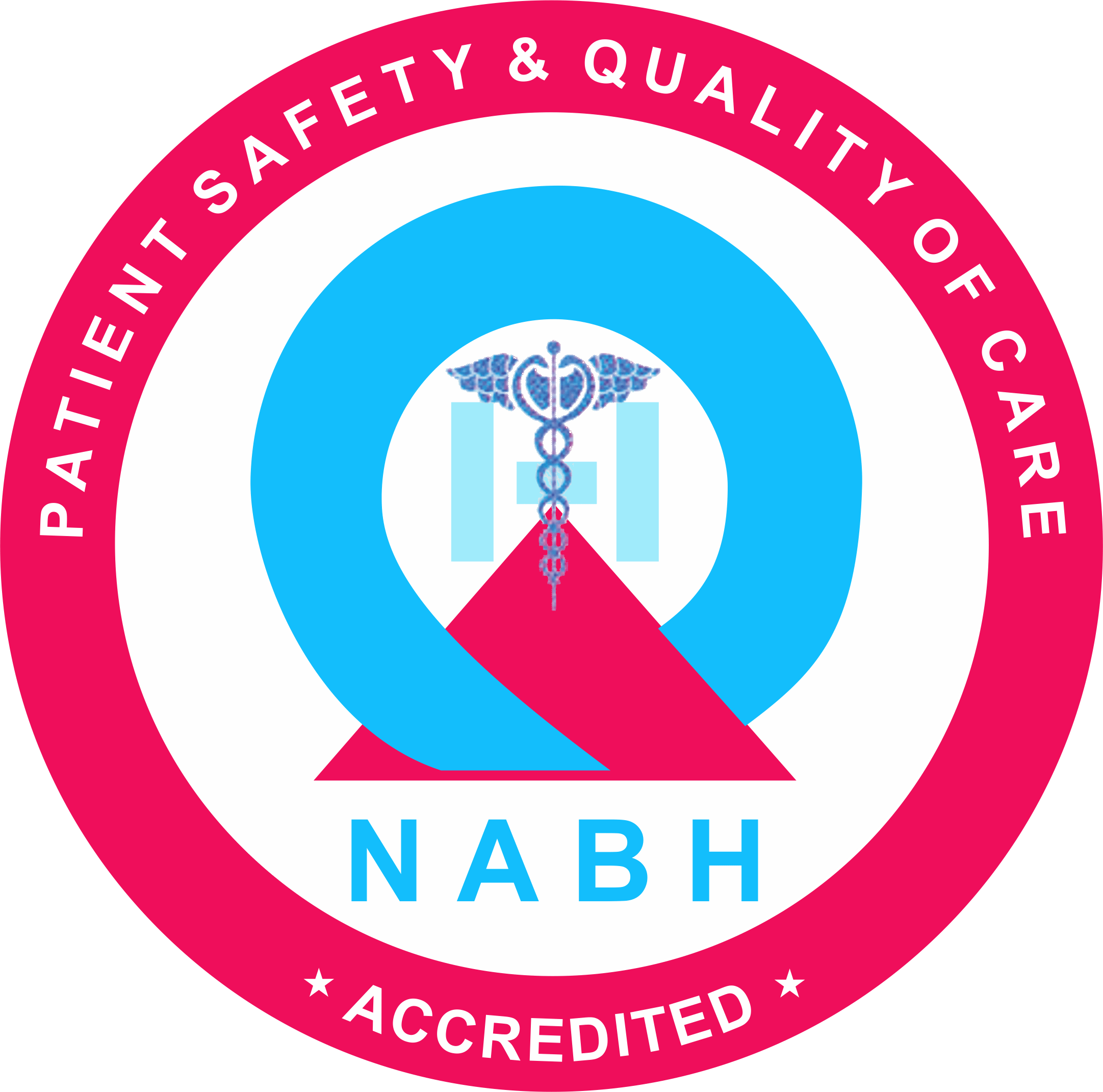Specialities & Services Offerred
Pain Medicine
Comprehensive pain management solutions, utilizing advanced techniques and personalized care plans to effectively alleviate and manage chronic and acute pain.
Pain Medicine
Pain Medicine covers the treatment of an individual suffering from acute (under 3 months in duration) or chronic (over 3 months in duration) pain. The Faculty’s aim is to improve the quality and experience and satisfaction of care for patients.
Pain touches everyone. It is a universal human experience and one of the most common reasons to seek medical advice. Pain is more than just suffering, it can impact on individuals and affect their day-to-day physical activity, emotional wellbeing and sometimes that of their family. Pain can affect an individual’s ability to work and as a consequence impact on both their community and society as a whole.

- Analgesia: Analgesia relieves pain without loss of feeling or muscle movement. The medications are used to lessen pain but usually do not stop pain completely.
2. Anesthesia: Anesthesia relieves pain by blocking most feeling, including pain.
Facilities Available
Experience modern healthcare with unparalleled comfort, convenience to ensure the best patient care and satisfaction.
Get a Quotation
Request a personalized quote for your healthcare needs quickly and easily. Contact us today for detailed pricing information.

Who are Pain Medicine Specialists?
A Pain Medicine Specialist is a doctor with specialist qualifications who undertakes the comprehensive assessment and management of acute, chronic and cancer pain in adult and paediatric patients, usually working within a multidisciplinary team. Most Pain Medicine Specialists are hospital based, though some work as specialists in the community or other health care settings.
Whilst most patients with pain can be managed in the primary or community sectors, some patients will need the involvement of specialists to manage their care.
Various types of pain medicines can treat different pain syndromes. Each drug treats specific pain types, such as long lasting or short-term pain.
Some pain medications are available over the counter (OTC) at the pharmacy. Stronger pain relievers require a doctor’s prescription. The right pain medicines depends on several factors, such as the cause and intensity of pain.
When to see a doctor for Pain?
People respond to pain differently since tolerance varies. If OTC medications are not providing significant relief, see a doctor. Depending on their pain assessment, they can prescribe appropriate prescription pain relievers.
Once starting a prescription pain reliever, it is important to follow up with a doctor to ensure the treatment works and is not causing too many bothersome side effects.
Managing pain when it is addressed early usually makes it easier to treat. Putting off going to the doctor is not helpful as feeling pain can affect a person’s quality of life. Managing pain may sometimes require a network of different healthcare professionals.
People with medical conditions or other circumstances that impact the safety of using pain relievers, should speak with a doctor before taking any medications.
Frequently Asked Questions
Common Questions
Pain medicine specialists treat a variety of pain conditions, including chronic pain, acute pain, neuropathic pain, musculoskeletal pain, post-surgical pain, and pain related to medical conditions such as arthritis and cancer.
Treatments include medications, physical therapy, nerve blocks, epidural injections, spinal cord stimulation, acupuncture, lifestyle modifications, and cognitive-behavioral therapy. Treatment plans are tailored to the individual patient’s needs.
Yes, non-medication treatments include physical therapy, acupuncture, nerve blocks, spinal cord stimulation, transcutaneous electrical nerve stimulation (TENS), and cognitive-behavioral therapy. These treatments can be effective in managing pain without relying solely on medications.
Coverage varies depending on your insurance provider and policy. It is advisable to check with your insurance company regarding coverage for specific pain management treatments and procedures.
Yes, lifestyle changes such as regular exercise, a balanced diet, adequate sleep, stress management, and avoiding tobacco and excessive alcohol can positively impact pain management and overall health.




